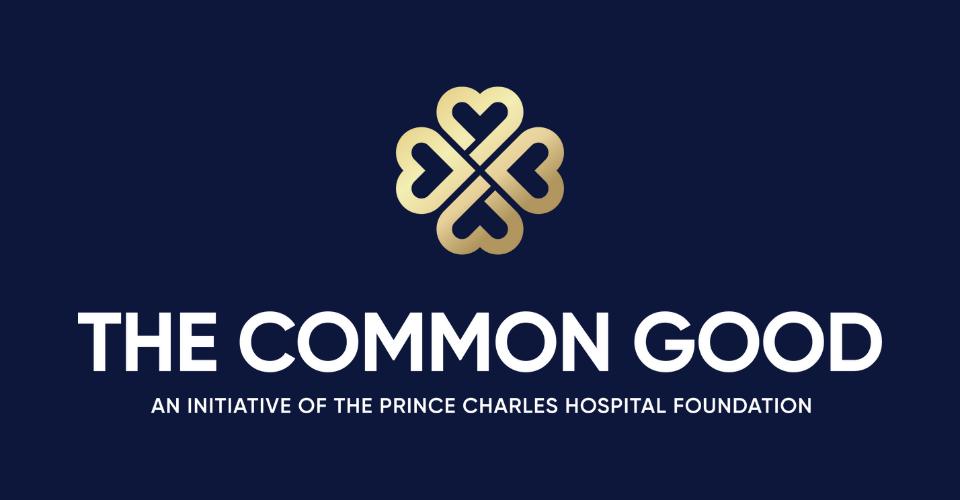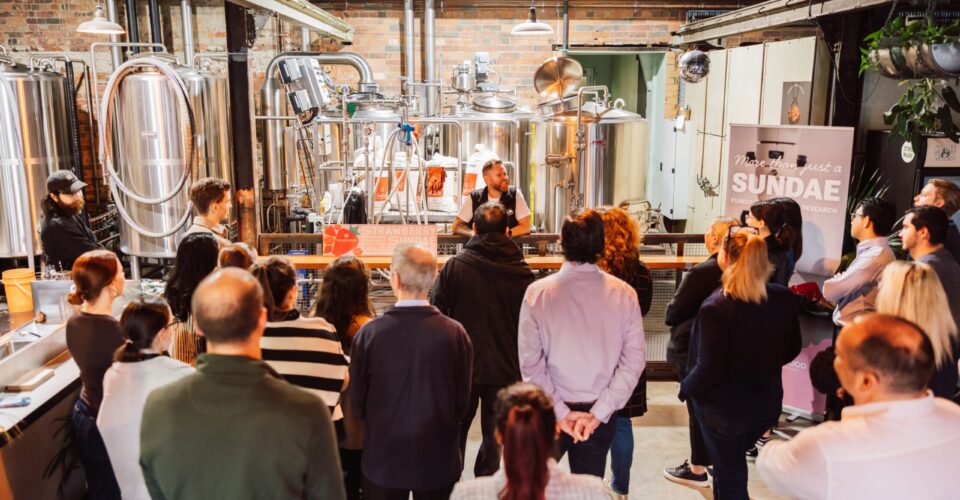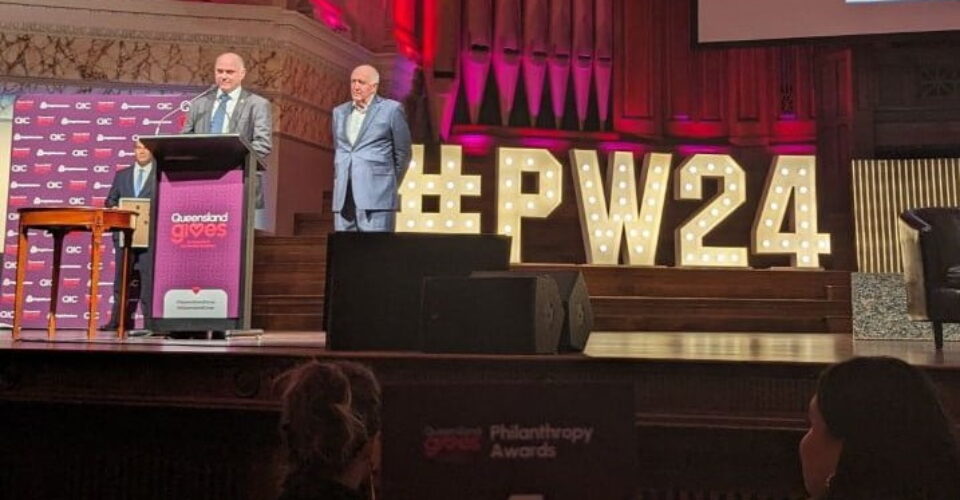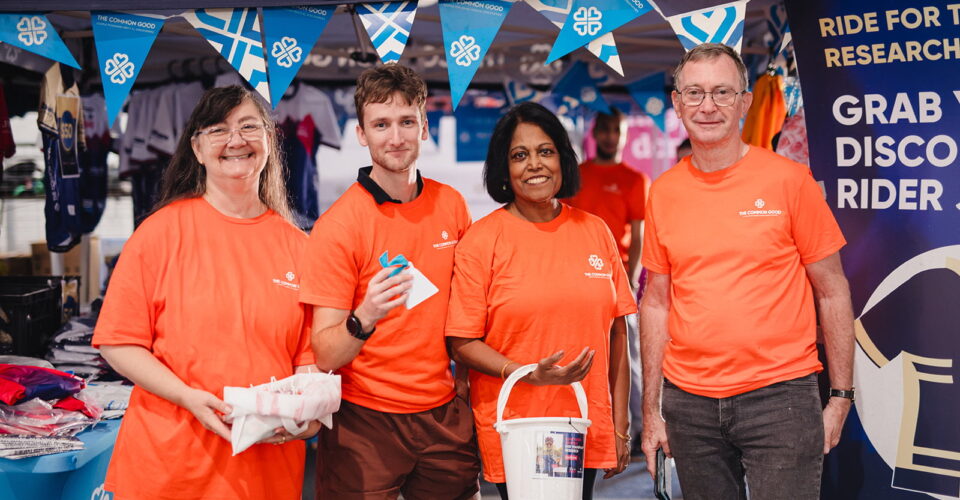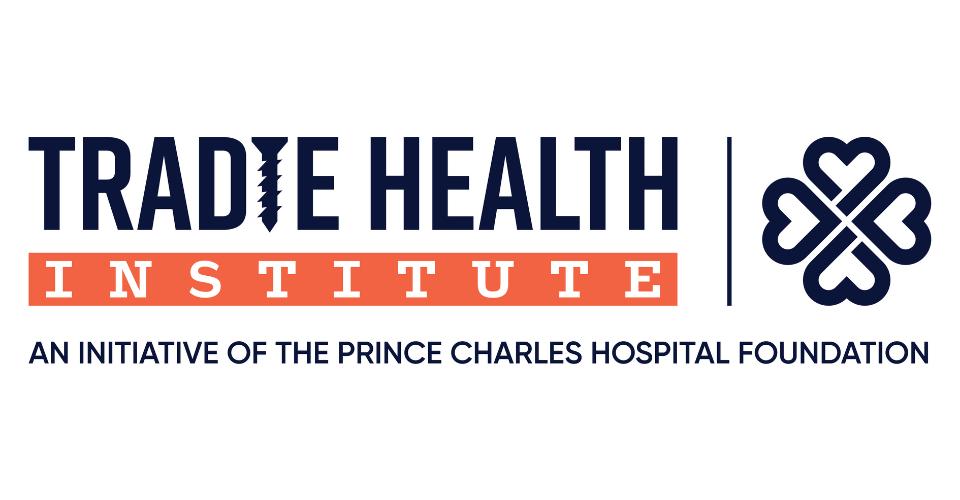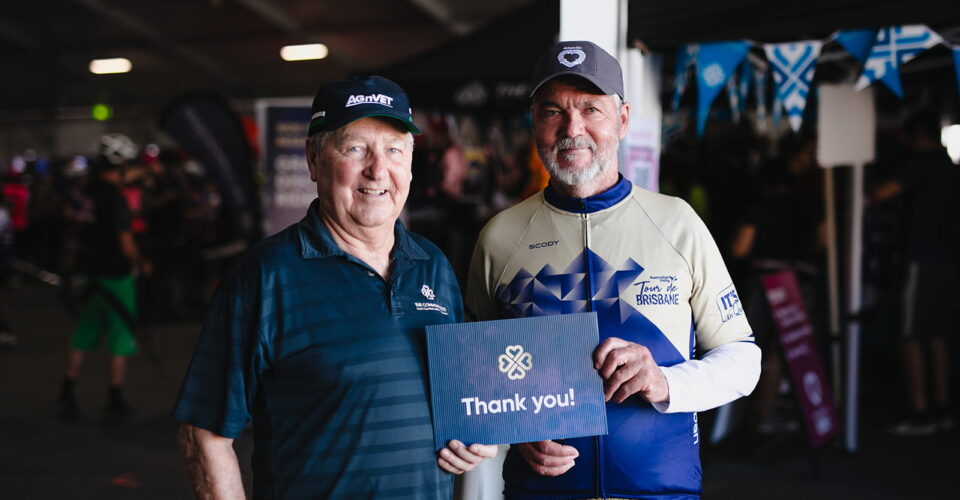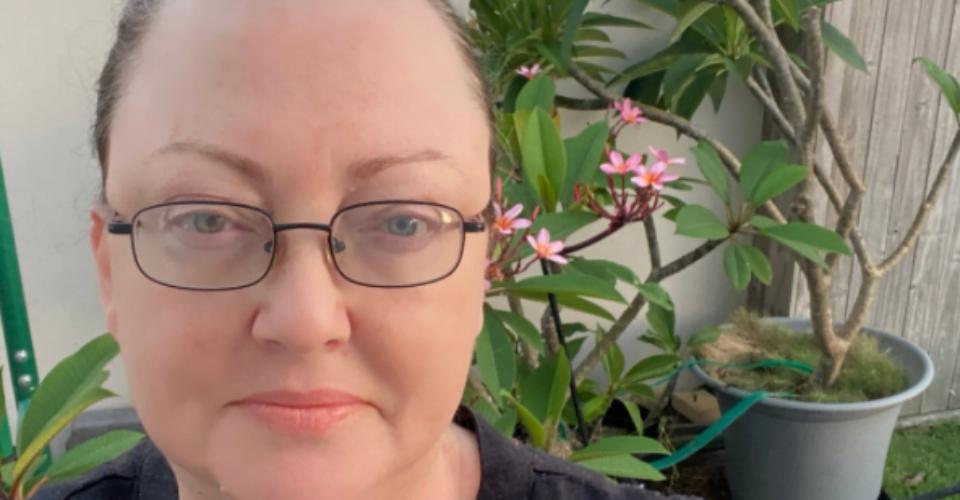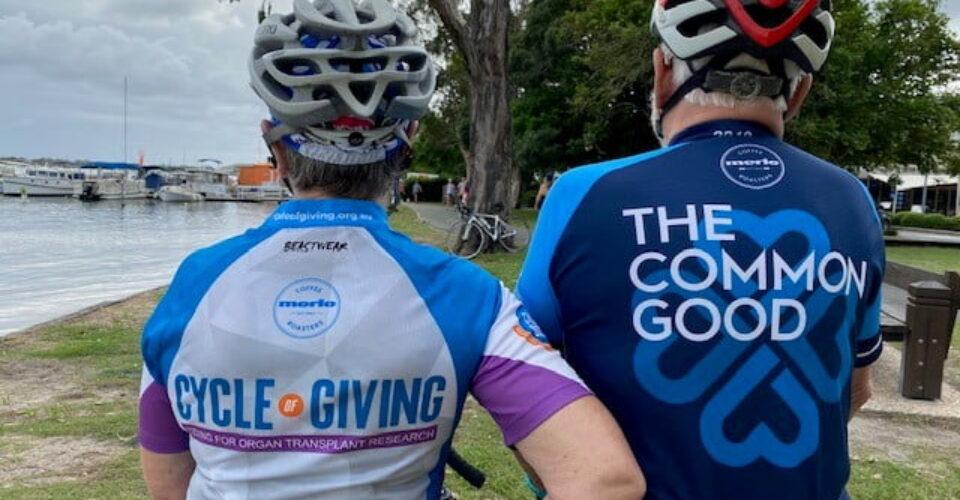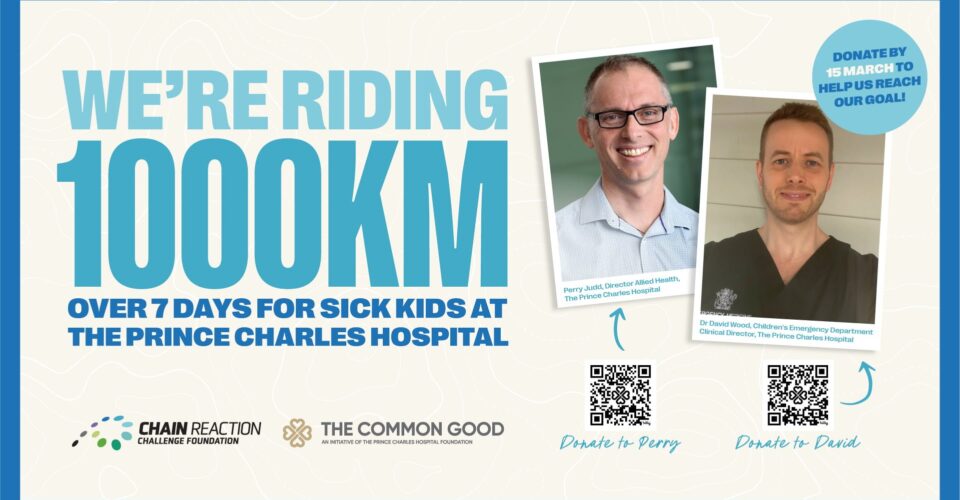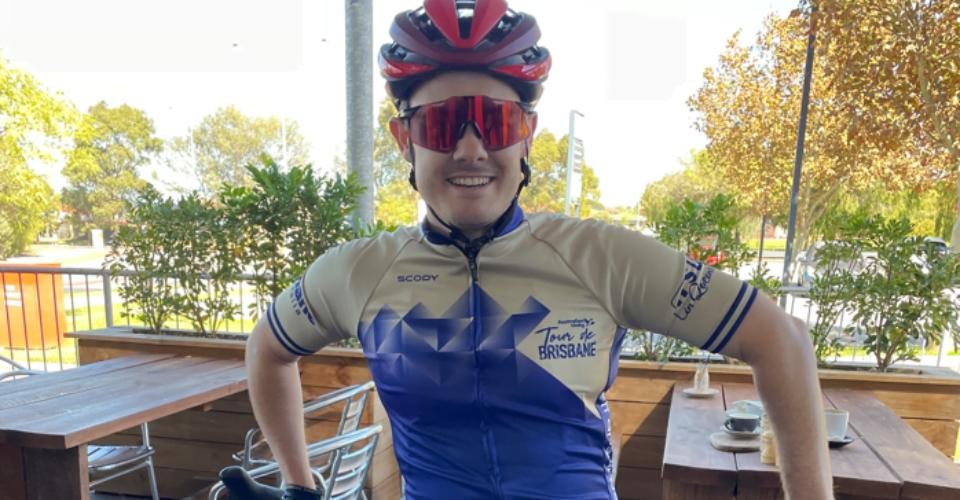Media Release
A world-first early detection technique is being developed at The Prince Charles Hospital that researchers hope will identify dementia in patients years earlier, resulting in more personal and effective care.
Led by Geriatrician and Head of Research of Internal Medicine, Dr Eamonn Eeles, the technique applies a new isotope dye that makes maps the brain by identifying the footprint left by nerves talking to one another and so gives researchers, and doctors, unique information about how the brain is behaving.
“This is the first time in the world this isotope dye has been used in dementia research at this level of detail. We’re really on the cutting edge of medicine here. I’m really excited about the results that
we’ve seen so far and hopeful for what that means for Australians living with dementia in the future,” Dr Eeles said.
In 2022, there are an estimated 487,500 Australians living with dementia and without a medical breakthrough, like Dr Eeles’, the number is expected to increase to almost 1.1 million by 2058. It is
the second leading cause of death of Australians.
Results from the first phase of research have been promising, with the next phase of research continuing through the support of The Common Good, which funds researchers like Dr Eeles into
completion, to ensure the benefits of their work are felt through our community and further. ‘Sadly, 90% of medical research projects are not completed due to the lack of funding. The Common Good are committed to providing sustainable funding to back these projects to a completion because we know that breakthroughs are just around the corner, we just need a bit more time to get there” says The Common Good CEO, Michael Hornby OAM.
“The next phases of this study will look to find out what happens to patients down the track; are there any signals that tell us whether the patient will do better or worse, and whether there is any
way to personalise care for each patient,” Dr Eeles said.
“This kind of long-term thinking just wouldn’t be practical if it wasn’t for the support of The Common Good. Through their funding, we’re able to plan ahead and strive for the best implementation of
these breakthroughs for our community.”
As well as resulting in better outcomes for future patients, the project is giving a level of control to Queenslanders currently living with dementia as they’re given the opportunity to be a part of these
breakthroughs and have a positive impact on future dementia patients.
“The amazing thing about these patients who are stepping forward to be part of our research is they know that there won’t be a magic solution for them at the end of the research, it’s really about their contribution to help others,” Dr Eeles said.
“They’re volunteering themselves and their time to help the wider community. It’s really selfless of these participants and I’m always bowled over by their generosity.”
One of those participants stepping forward is 57-year-old Joann Rose from Petrie, who was diagnosed with early onset dementia just eight months after buying and moving into her dream home. The diagnosis meant that Joann and her family had to make some dramatic changes in their lives.
“We had to say goodbye to our dream house that we had worked towards for so long. We had to sell our beautiful home and move into a smaller place, but we had to make the tough financial decision
and take into account my diagnosis and what that meant for our future,” Joann said.
“After a diagnosis of dementia, you do change your attitude to life. You live day-to-day because you don’t know what’s going to happen tomorrow. Nobody does, but I think I have a little bit of an insight into what the end of my life is going to be like. It tends to make you be as positive as possible about every day that you live, and every day that you can still do things.”
The impact of Joann’s diagnosis hasn’t stopped her from giving back to the community. “When it comes to dementia, the sad thing is there is no cure. We have to do the research and to do the research we need adequate funding. I agreed to be part of Dr Eeles’ clinical trial because I wanted to do something to help, to do my bit. This isn’t about me, it’s about the future and other people not having to go through what I’m about to go through,” Joann said.
The Common Good, (an initiative of The Prince Charles Hospital Foundation) supports researchers making life-changing medical discoveries into the areas of heart disease, lung disease, mental health, and dementia – conditions that affect over 90% of Australians. For more information visit www.thecommongood.org.au.
